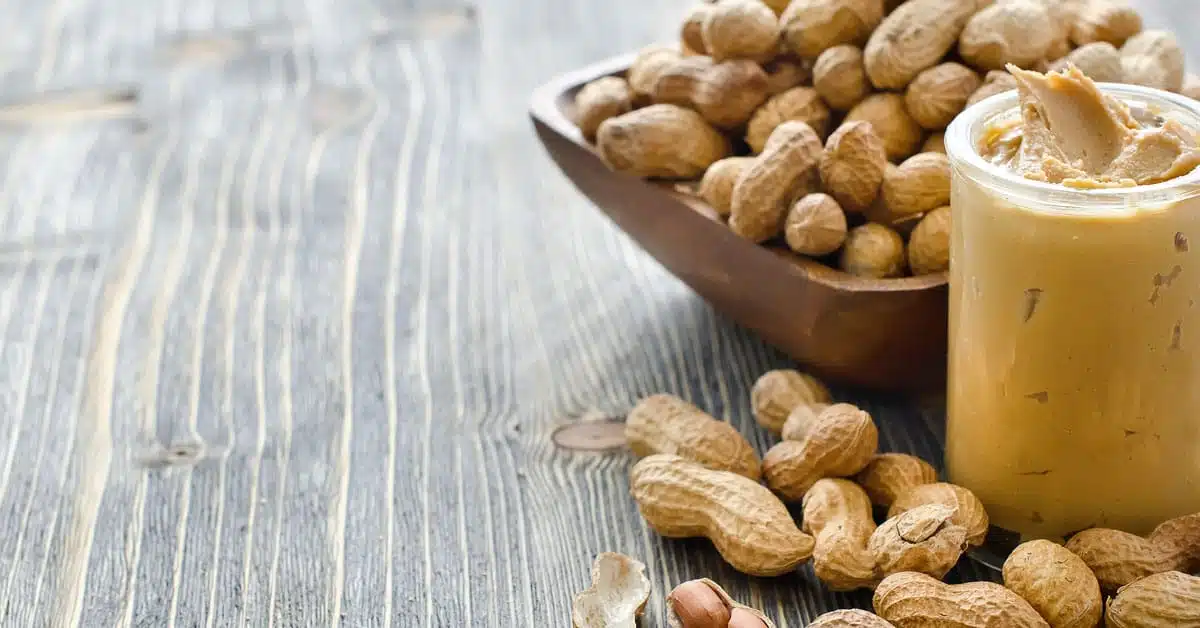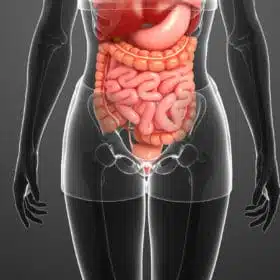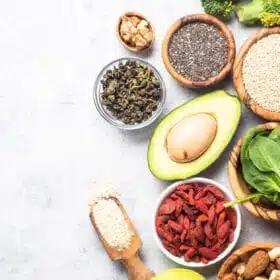If we are honest for once, we have forgotten the good old Peanut butter We have all already taken it to our hearts and made it an irreplaceable part of our diet. This is not particularly surprising, especially as the spread proves to be a real delicacy when combined with jam, chocolate cream and two golden-brown slices of toast. In addition, nut butter is also ideal for use in savory cuisine, as proven by countless dishes and sauces, including those from Asia. Despite this fact, many athletes still leave this actually very healthy food on the supermarket shelves like lead far too often. The reason for this behavior is the assumption, still deeply rooted in our society, that a high fat content declares a food per se to be unhealthy. However, this approach falls far short of the mark, as the human body is dependent on a constant supply of fats. In the following article, we present the unvarnished truth about this fabulous food, which in reality turns out to be a valuable source of nutrients.
The unvarnished truth
The main reason why peanut products are on the hit list of many health-conscious athletes, apart from the fat content, is the resulting energy density. Just two generously heaped teaspoons contain around 200 kilocalories and, depending on your body weight, a good ten percent of your total daily energy requirement. It is therefore obvious that this food, which can be difficult to measure out, can cause nasty surprises during a diet. Conversely, however, this is by no means a reason to avoid peanut butter altogether. Rather, you should use it consciously and take advantage of its positive properties. Curiously enough, the energy density that many people criticize is also one of the biggest advantages of this food. Sounds strange? But it is, because heavy athletes in particular, who have to consume 3000, 4000 or even more calories per day during their bulking phase, find it much easier to maintain their energy balance without eating too much junk food. However, you should not make the mistake of seeing peanuts or peanut products as a primary source of protein, even if the protein content of up to 25 grams per 100 grams tempts you to do so.
Are saturated fatty acids harmful to me?
Apart from the extraordinary calorie density, the high proportion of saturated fatty acids is one of the main arguments put forward by peanut butter critics. The skepticism is therefore quite understandable, as saturated fatty acids have been considered one of the main causes of obesity and cardiovascular problems for several decades. However, we have often seen with regard to various other products that such judgments, which seem to be set in stone, are not necessarily true. The truth is that saturated fatty acids are not generally responsible for negative health consequences. On the contrary, these fatty acids are needed for the synthesis of vitamin D and for the production of testosterone, which is particularly important for us strength athletes. In addition to these important fatty acids, peanut butter also contains various monounsaturated and polyunsaturated fatty acids, which ultimately puts the controversy regarding the fat balance into perspective. It is therefore hardly surprising that a good half of the fat content is accounted for by polyunsaturated fatty acids. According to current study results, the latter help your body to lower blood pressure, prevent cardiovascular diseases and noticeably boost the regenerative processes after a hard workout. The anti-inflammatory effect of polyunsaturated fatty acids should also not be overlooked in this context.
What you should still bear in mind when shopping in the supermarket
Of course, given the high fat content of conventional peanut butter, it is tempting to turn to alternative products that aggressively advertise a significantly reduced fat content. However, you shouldn't be fooled by the one or other deceptive package, because all too often the missing fat is replaced by the addition of sugar or trans fats, which is not necessarily good for your health either. Unfortunately, many of us have grown up with such light products, which makes it difficult to let go of old habits and change our diet in favor of naturalness. However, you can be sure that it will be worth it in terms of both taste and health, as long as you can keep your peanut butter consumption in check. However, the countless flavor variations that tempt you with culinary experiments are also among the products that you should confidently leave on the supermarket shelf, as these are usually bursting with additives.
Can classic peanut butter compete with almond butter?
In recent years, peanut butter has not only suffered from the bad image of saturated fatty acids, but also from the steadily increasing popularity of no less tasty alternatives such as almond butter. Reason enough to compare the two competitors from the supermarket. The devil is in the detail, because when it comes to macronutrients, the products are not as strikingly different as we are often led to believe. For example, while almonds contain 25 milligrams of vitamin E per portion, the vitamin E content of a comparable amount of peanuts is significantly lower at just 10 grams. On the other hand, peanuts boast a significantly higher vitamin B3 and selenium content. The bottom line is that none of the products can clearly win the duel. Instead, you should make sure that you take advantage of the benefits of both products and support your body in the best possible way to achieve the goals you have set yourself.
Protein low carb bread
A healthy bread to go with the peanut butter. The Protein Low Carb Bread Mix is a low carb bread dough baking mix with a high protein content. The delicious, fluffy bread can compete with any conventional bread and boasts top nutritional values.
Protein low carb bread



